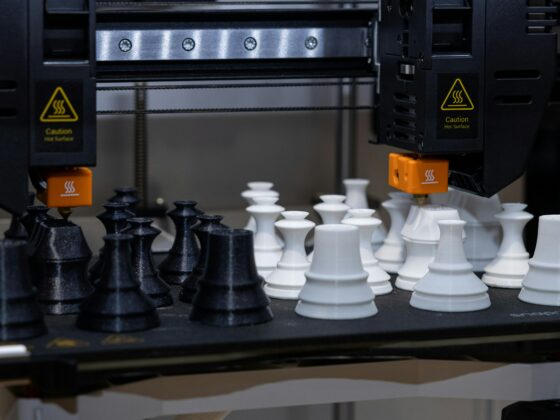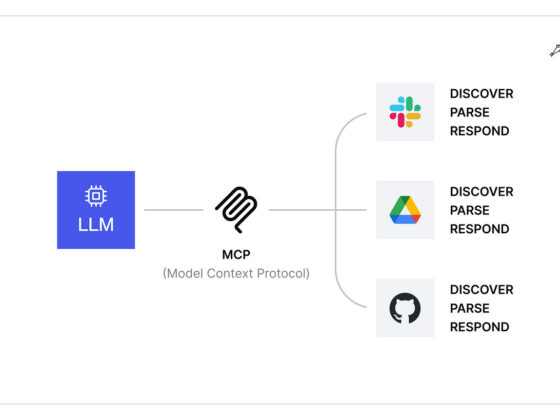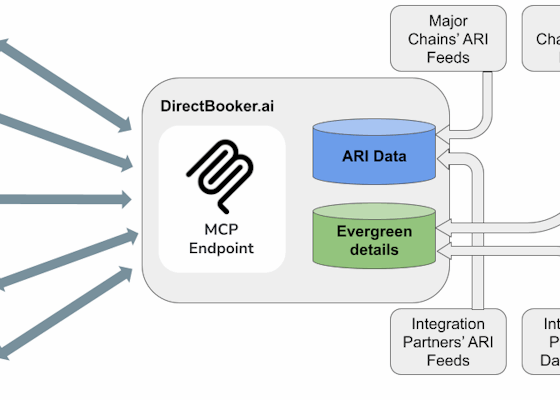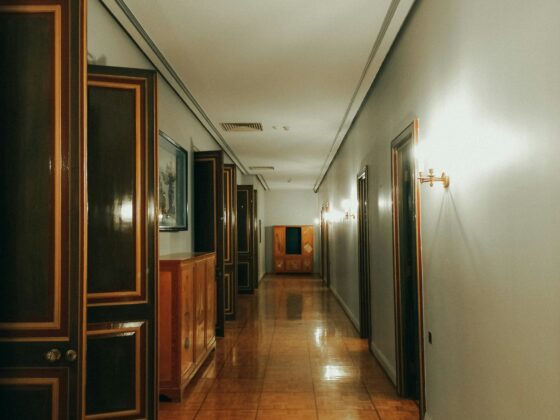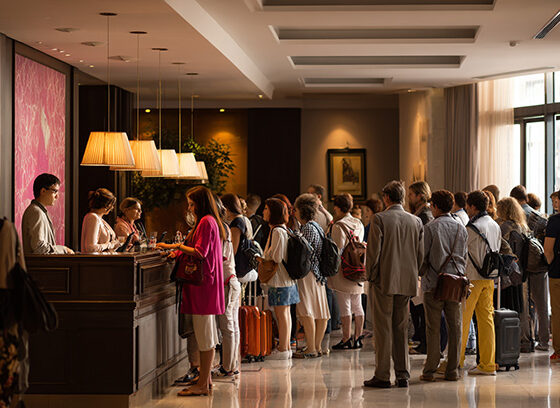
At HITEC 2025 in Indianapolis, we sat down with Floor Bleeker, a well-known voice in hospitality technology, to explore the future of AI in the industry. The conversation quickly moved from generative AI to autonomous agents, robotics, and the potential disruption of long-standing tech systems. Drawing from his corporate background and current advisory work, Floor offered a clear-eyed view of how fast things are evolving, and what it could mean for hoteliers, vendors, and guests.
What is your view on generative AI and agentic AI in hospitality?
Floor distinguishes agentic AI as a major evolution. It is not just about generating content or responding to prompts. Agentic AI refers to systems that act on behalf of users or organisations, whether guests or hotels. While many solutions are emerging, Floor has not yet seen a real breakthrough in hospitality. Still, the pace of progress suggests that transformative use cases, especially in hotel booking and operations, are coming very soon.
Who stands to gain the most from AI agents in travel?
The winners, Floor says, will be hotel owners. Today’s booking flows often involve heavy commissions, fees, and layered systems. In the near future, guest-side and hotel-side agents could communicate directly, reducing dependence on OTAs or central systems. This will likely lead to better margins, reduced operating costs, and more direct transactions. It is a shift that benefits both ends of the value chain.
Is this shift driven more by guests or hotels?
Both. Floor stresses that adoption must happen in parallel. Guests will begin using agents to plan and book trips, and hotels will need their own intelligent systems to interact with and respond to those agents. It is not a one-sided transformation.
Are AI agents and digital workers the same?
Not exactly. Floor makes a distinction between digital workers (automation) and truly intelligent agents. While robotics and automation will replace some tasks, especially in logistics, cleaning, and security, agentic AI brings decision-making into play, making it far more disruptive. Combined with humanoid robotics, the potential for certain roles to be replaced is real, especially as costs decrease and performance improves.
Could humanoid robots create resistance among guests?
Floor acknowledges the concern around the “uncanny valley” effect, robots that seem too human can make people uncomfortable. But in practice, most early use cases will be behind the scenes. Cleaning, maintenance, food prep, areas where robots can safely and efficiently take over. For guest-facing roles, more thought will be needed, but the technology is evolving quickly.
Will the tech stack of hotels change as a result?
Absolutely. Floor predicts that within five years, the agent will be at the centre of the tech stack. Rather than relying on traditional systems like PMS, CRS or CRM, intelligent agents will act as connectors, orchestrators, and decision-makers across systems. This will eliminate many of today’s tech silos and even reduce the need for standardised APIs.
Can agents also help overcome integration and data fragmentation?
Yes. Floor believes that the need to standardise or centralise data may become less critical. With AI agents capable of understanding and acting on unstructured data, the systems can remain fragmented, while still delivering smart, unified responses. This could finally solve a long-standing challenge in hospitality tech.
What is your view on no-code and AI-powered coding?
It is a game-changer. Floor works with a tech company using AI to assist development, reducing workload by over 60%. In one case, a functional PMS front end was built in three days. This democratisation of technology allows anyone, even non-developers, to prototype and launch ideas quickly, opening the door to more innovation with fewer barriers.
Are we enabling people with AI, or replacing them?
According to Floor, both are happening. AI will undoubtedly replace certain jobs, but it will also create opportunities. Reduced working hours could lead to more free time, more travel, and greater demand for hospitality. As people live longer and retire later, the travel market will expand. Hospitality stands to benefit from these shifts, even if fewer people are involved in daily operations.
What are you working on today?
After stepping away from corporate life at the end of 2024, Floor now advises a mix of hotel groups and tech companies. His focus is helping them become AI-ready, identify opportunities, and navigate the noise. He currently works with six companies and enjoys the strategic freedom of this new phase.
About In2 Consulting
Creative thinking and a desire to help organisations get the right message across to the right audiences led to the creation of In2 Consulting in 2010 and it has defined the agency’s approach to business ever since. Born and based in dynamic Dubai, in the heart of the competitive Gulf region where effective storytelling speaks volumes, In2 Consulting is a boutique communications agency that has been helping companies find the right words and strategies to grow and succeed. Visit www.in2consulting.com



